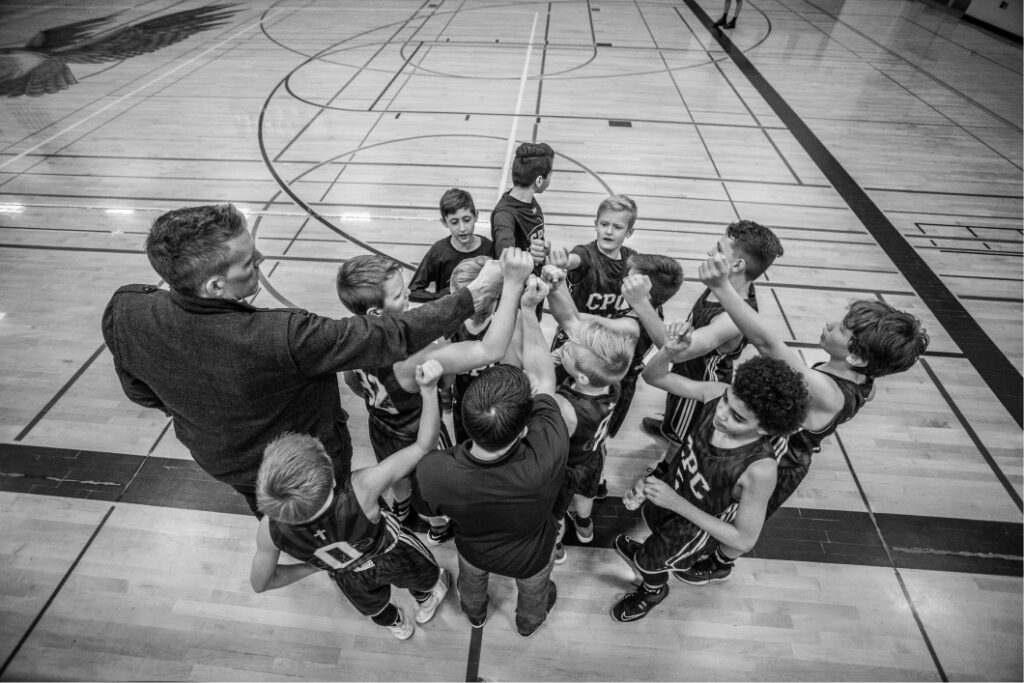Athletes and Playing Time: The Role of Sports Psychology
As an athlete, one of the most challenging aspects of being part of a sports team is dealing with playing time. Whether you are a seasoned veteran or a rookie, the amount of time you spend on the field, court, or rink can have a significant impact on your confidence, motivation, and overall performance. It’s easy to feel frustrated and demotivated when you’re not playing as much as you’d like, but this is where sports psychology can play a vital role in helping athletes cope with these challenges.
Sports psychology is the study of how psychological factors affect athletic performance. It’s a field that has become increasingly important in recent years as athletes and coaches recognize the critical role that mental toughness and resilience play in success. Athletes who work with sports psychologists can learn a range of strategies to help them manage their emotions, set goals, and develop the mental skills needed to perform at their best, even when faced with adversity.
One of the most critical skills that athletes can learn from sports psychology is how to deal with playing time. Here are a few strategies that can help:
Focus on What You Can Control: Athletes who spend too much time worrying about things they can’t control, like their coach’s decisions, are more likely to feel anxious and frustrated. Instead, focus on what you can control, such as your attitude, effort, and preparation.
Set Goals: Setting goals can help athletes stay motivated and focused, even when they’re not playing as much as they’d like. Goals should be specific, measurable, and achievable, and they should be broken down into short-term and long-term targets.
Develop a Growth Mindset: Athletes who have a growth mindset believe that their abilities can be developed through hard work and dedication. This attitude can help athletes stay motivated and focused on improving their skills, even when faced with setbacks.
Stay Positive: It’s easy to become negative and demotivated when you’re not playing as much as you’d like. However, athletes who stay positive and focus on the opportunities they do have are more likely to succeed in the long run.
Seek Support: Talking to teammates, coaches, or a sports psychologist can help athletes develop coping strategies and find support when they’re feeling frustrated or demotivated.
In conclusion, playing time is a significant challenge for athletes at all levels. However, by working with sports psychologists, athletes can learn strategies to help them cope with these challenges and stay focused on their goals. By focusing on what they can control, setting goals, developing a growth mindset, staying positive, and seeking support, athletes can overcome adversity and perform at their best.

